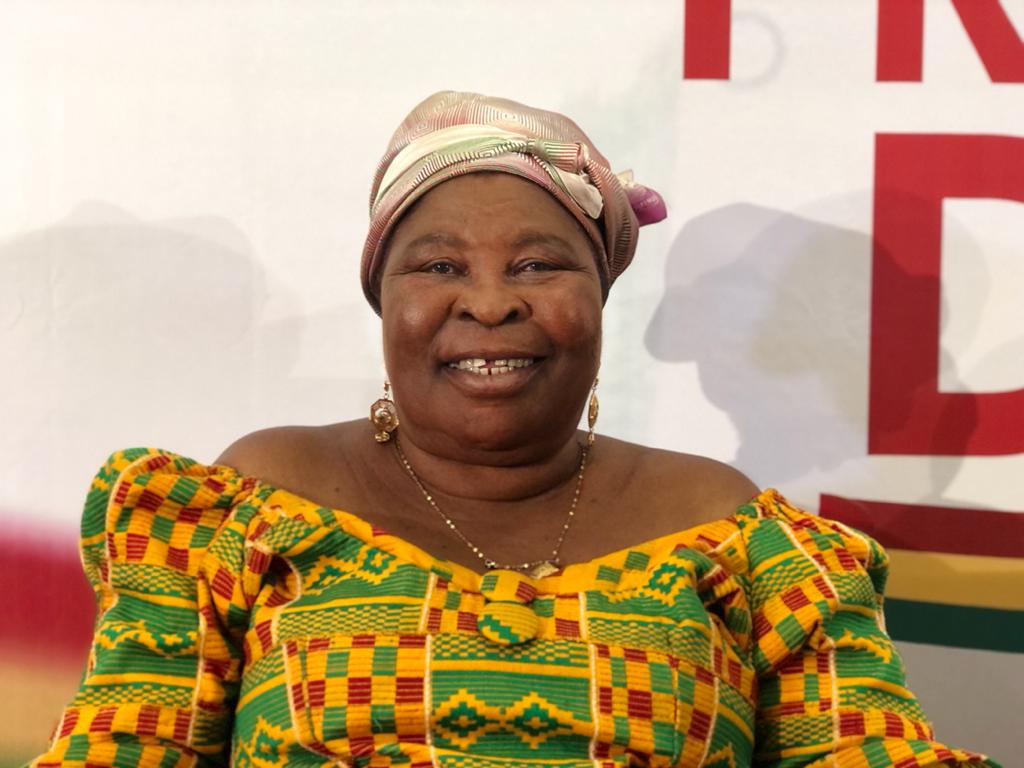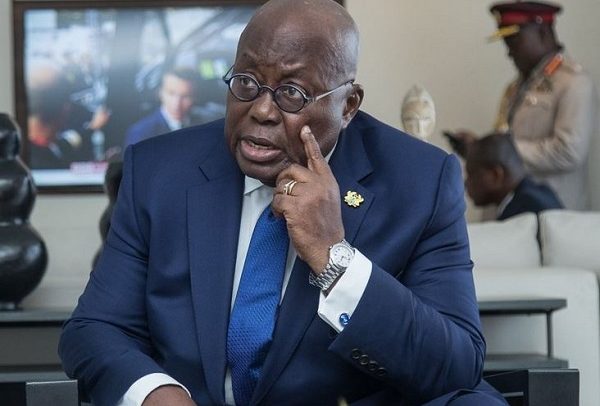CSOs Warn of High Costs in Replacing Ghana Freedom Party’s Presidential Candidate for 2024 Election

Two civil society organizations (CSOs) have raised concerns over the potential costs to the state if the Ghana Freedom Party (GFP) decides to replace its late presidential candidate, Akua Donkor, on the 2024 ballot. Dr. Kojo Asante, Director for Policy Engagement and Partnerships at the Ghana Centre for Democratic Development (CDD-Ghana), and Albert Arhin, National Coordinator of the Coalition for Domestic Election Observers (CODEO), shared their perspectives in an interview.
The Electoral Commission (EC) had to halt the printing of ballots following Ms. Donkor’s passing last Tuesday. Her name appeared as the third candidate on the presidential ballot. The EC, citing Article 50 (4) of the 1992 Constitution, has provided the GFP with a 10-day window to nominate a replacement.
In a statement from Deputy EC Chairperson for Operations, Samuel Tettey, the Commission explained that existing regulations are unclear on procedures following a presidential candidate’s death. Article 50 (4), however, specifies that if a candidate dies before the election but after nominations, an additional 10 days are permitted for replacement.
Cost Implications
Dr. Asante and Mr. Arhin highlighted the significant financial burden the GFP’s decision could place on the state. With ballots already printed for over 18 million voters, reprinting could incur substantial additional costs. Mr. Arhin explained, “If the GFP replaces their candidate, the ballots printed thus far must be discarded, and new ones printed.”
He also clarified that while the GFP retains its third position on the ballot, any new candidate will require a complete reprinting process, affecting election timelines. “If the GFP acts within the 10-day legal window, reprinting will begin, likely requiring round-the-clock production to meet deadlines,” Mr. Arhin added. Alternatively, if the GFP declines to field a replacement, Ms. Donkor’s image will remain on the ballot, but any votes cast in her favor will be disregarded.
Legal and Legislative Considerations
Dr. Asante pointed out that existing regulations are unclear on the replacement process in presidential elections, especially in cases where the ballot includes more than two candidates. He questioned whether the EC could proceed with the ballots as they are, allowing voters to cast votes for the party itself, though legislative support for such an approach is currently lacking.
Both Dr. Asante and Mr. Arhin suggested that clearer legislation is essential to streamline future candidate replacements without significant reprinting costs. Dr. Asante proposed designing ballot templates that could accommodate changes in candidates without needing a reprint. He also noted that if this situation involved major parties like the NPP or NDC, public focus would likely shift away from the costs.
In conclusion, the CSOs emphasize that while the GFP’s next steps are crucial, long-term solutions, including legislative updates and adaptable ballot designs, would be beneficial for the efficiency and cost-effectiveness of Ghana’s electoral process.



